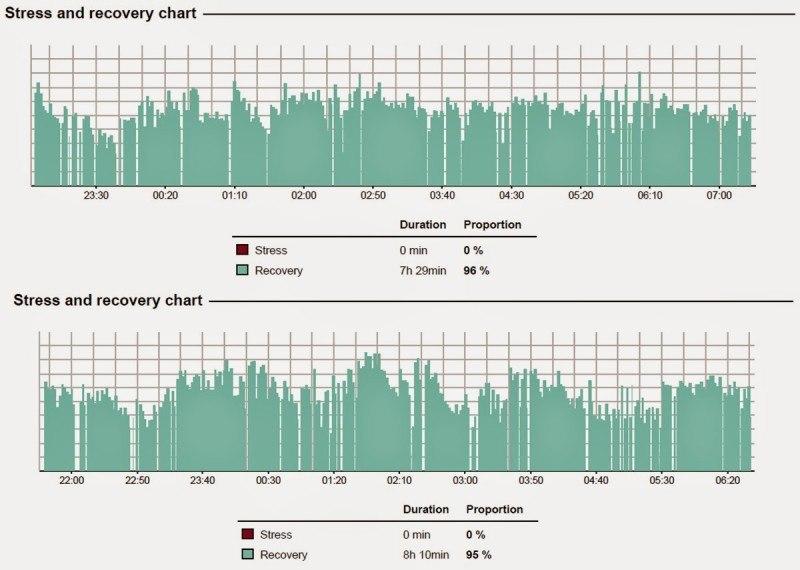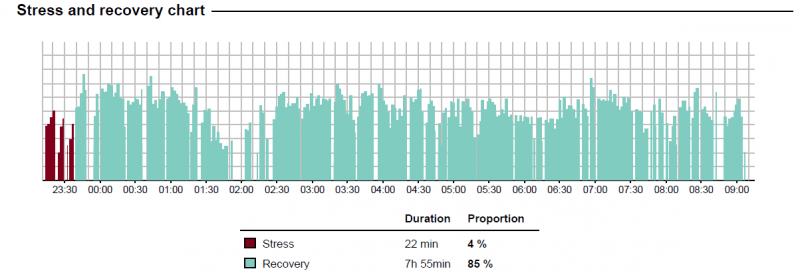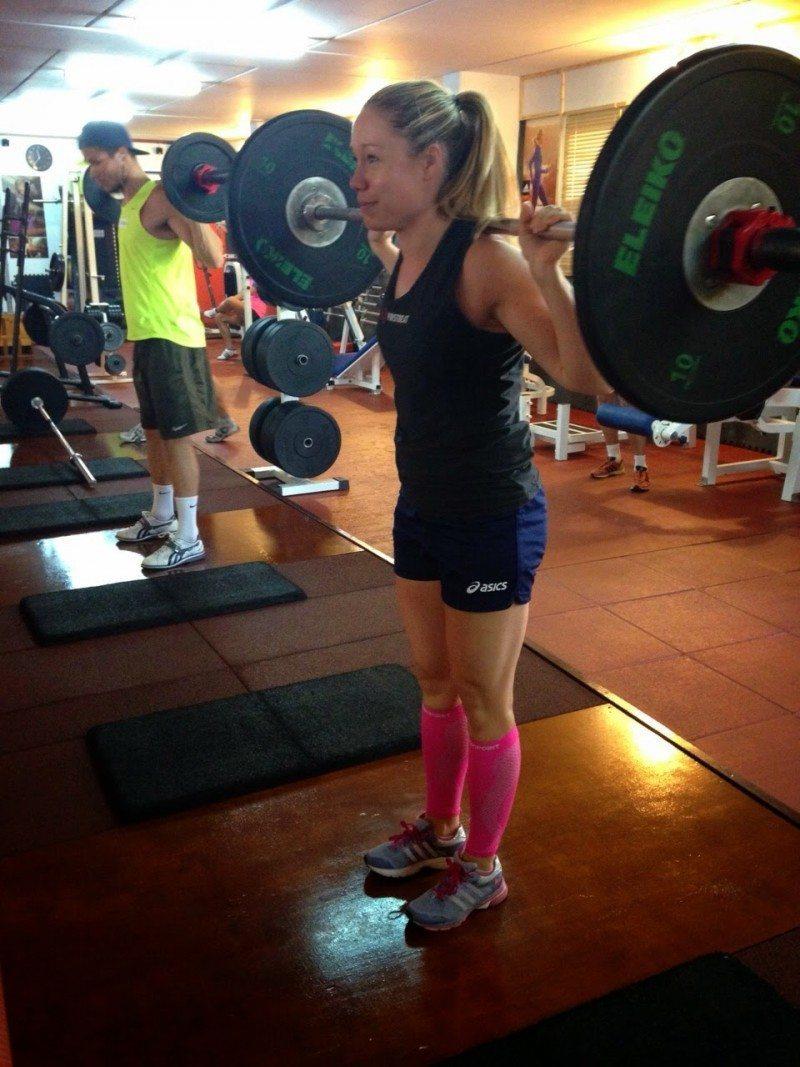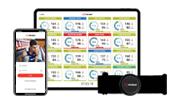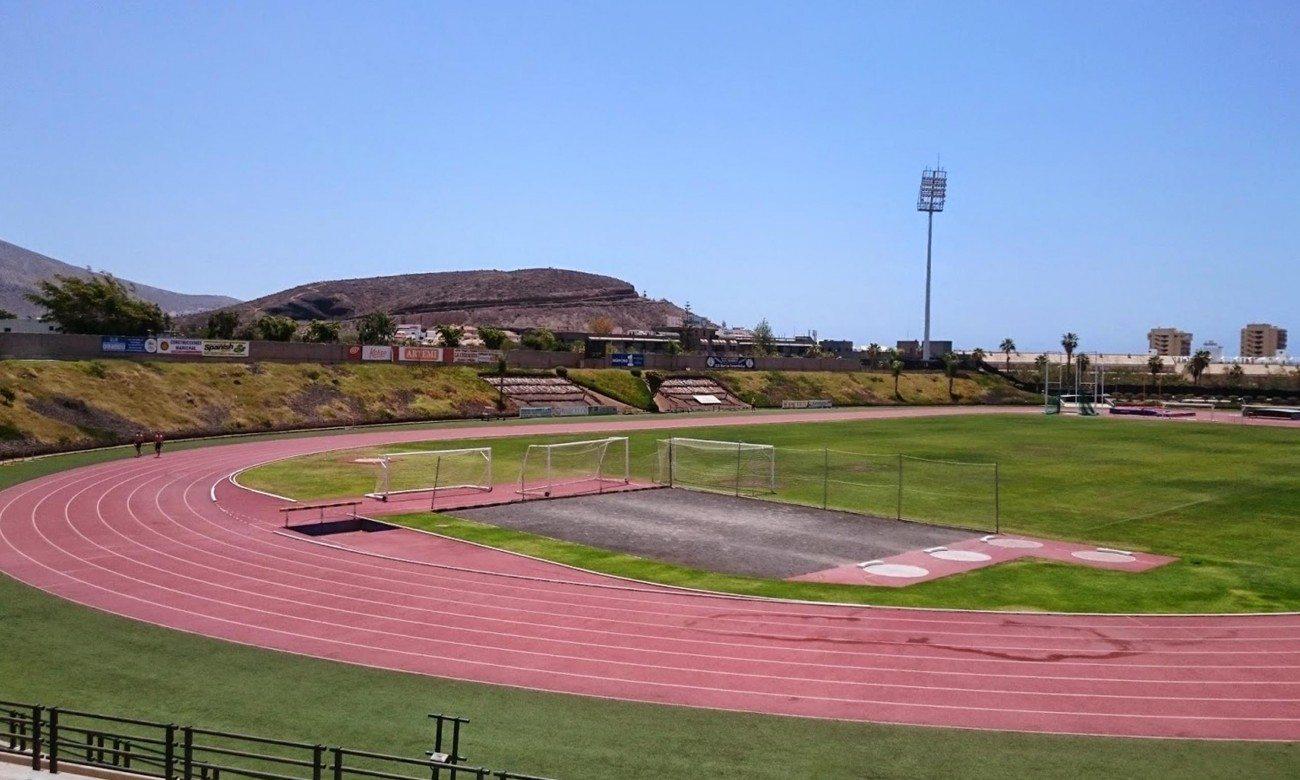
Read also part I: Active Recovery
In this post, I aim to present some data I have got from conducting measurements with the Firstbeat Bodyguard device during training camp here at Tenerife.
The interesting part for me as an athlete is to see how well my body recovers during sleep when practicing hard. Firstbeat enables me to see how my body reacts to training as well as measure the quality of my sleep.
Before I traveled to Tenerife I measured myself for a couple of nights to get data to compare with. Here you can see my recovery a few days before the camp:
As you can see I had some very good nights before going to training camp. The higher HRV (heart rate variability) the better, which means that the higher the green part of the chart is the better. I had 0% stress during the nights before leaving, which is excellent.
What happened then when I came to Tenerife and started to practice? As you can see from this first chart I had a pretty good night of sleep with 85% recovery and only 4% stress. The stress percentage is not high, but compared to the nights before I left, my sleep quality was not as good as it could have been. One important thing for athletes and also regular people is to remember that it is not always the length of your sleep that is crucial for your recovery, but the quality. A person that slept 7 hours with 0% stress can be more recovered than a person that slept 10 hours with a higher stress percentage.
Other data that Firstbeat offers for an athlete like me is the recovery index chart below:
Every single time that I do measurements with the Bodyguard my data goes directly into my own recovery index chart. This enables me, for example, to follow my recovery during the whole camp. As you can see from the chart, my recovery index went down the first days during the camp but then it started to increase when I had a day off from practice. If one likes to be more precise the best thing is to measure every night to get the best result. It is fully normal that the recovery index goes down during a long training camp due to the high intensity of training. It is important to remember that a person’s recovery index is fully individual. One cannot compare this with others. The more measurements you conduct, the better you find your own individual recovery index level.
My situation previous to the camp was a little bit different this year than usual. I have been struggling with some health issues during the spring and this has been affecting my recovery from practices negatively. A couple of weeks before the training camp I also went through a small operation to fix the problem.
Due to the challenging season, my main interest was to see if my recovery stays on a high level during the whole camp, and if I recover better after the operation. We gradually increased my training load during the three weeks and as you can see my recovery index went down in the beginning of the camp. The main reason for this was probably that my body was not used to the training load due to the smaller break in practicing after the operation.
The interesting part is that I got the highest recovery index the night after the most demanding hurdle practice during the whole camp. A conclusion that I made afterward is that my body has been responding very well to the operation before camp, and that the increased amount of training has only developed the physical condition of my body.
Usually, on a training camp your body is very tired during the third week of practice, and it is easy to get a little bit overtrained. Thanks to Firstbeat and the recovery index I was able to see that my body still recovers from harder training load during my third week of training camp, and I got the confirmation that I could keep up the high intensity in my practices during the last four days of training camp.
If you liked this article, you should subscribe to our newsletter.
You might also be interested in
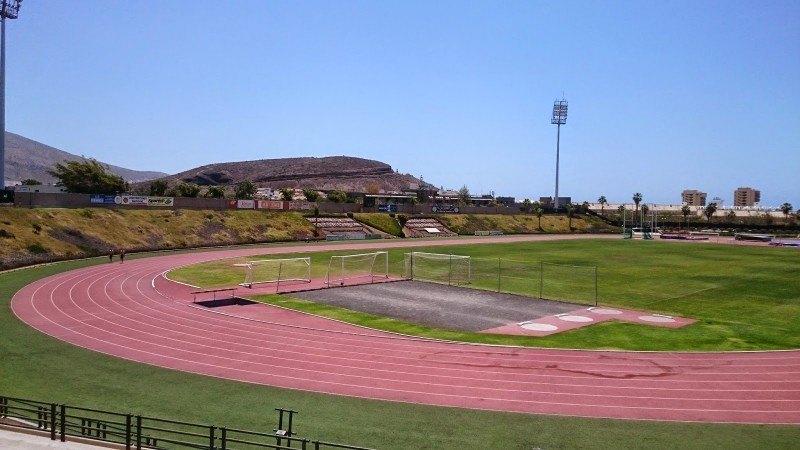
Monitoring Training Load and Recovery on a Training Camp – Part 1: Active Recovery
Hurdler and Firstbeat’s Key Account Manager Ida Aidanpää-Immonen presents how her body recovers during a training camp in Tenerife.
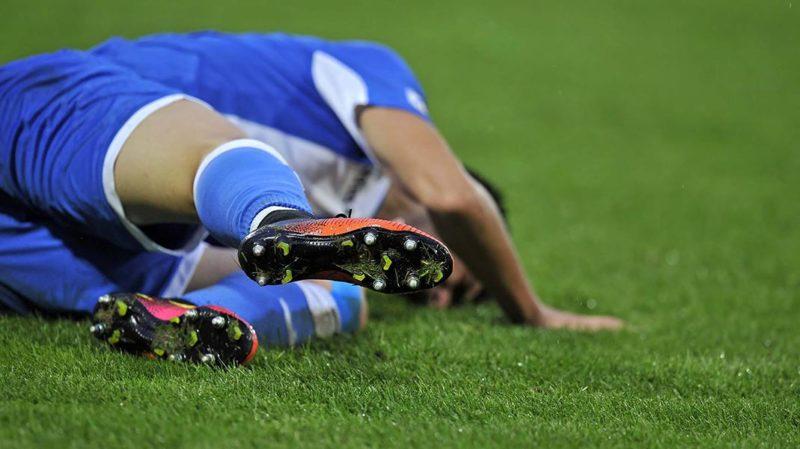
Solving the Training-Injury Prevention Paradox
In August 2017, Firstbeat Sports hosted a special webinar featuring Dr. Tim Gabbett, an internationally renowned physiologist and leading expert on the topics of training demands and injury prevention.
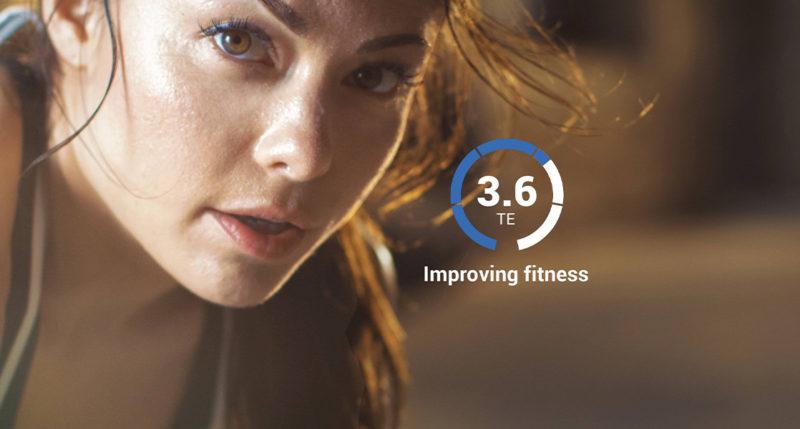
Intensity Is Your Fitness Friend
You may have heard that your fitness level is determined by your genetics. This is true. Luckily, that’s not the whole story. Experts say that about half of the variation in physical fitness between individuals is heritable, meaning it comes to you through your parents.
